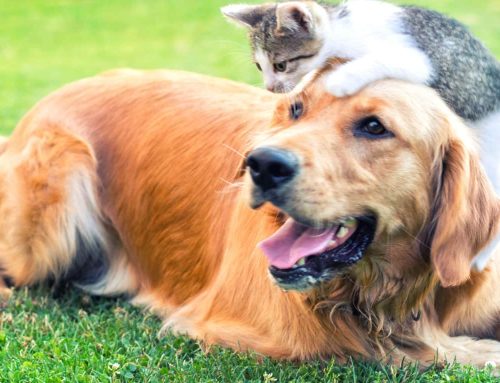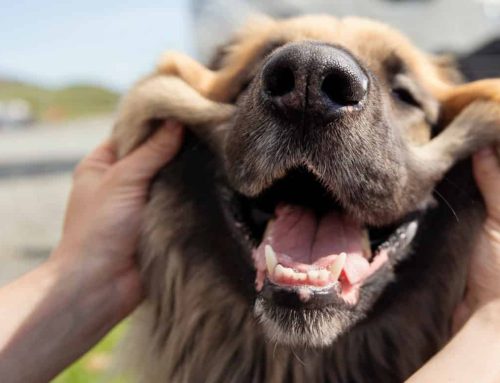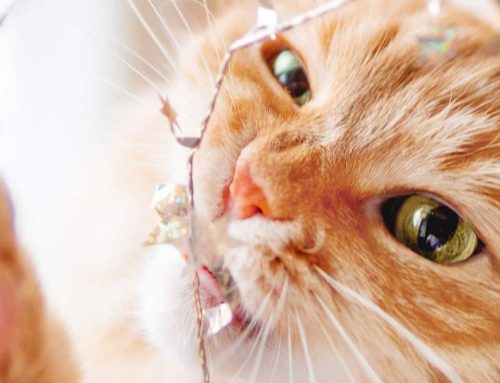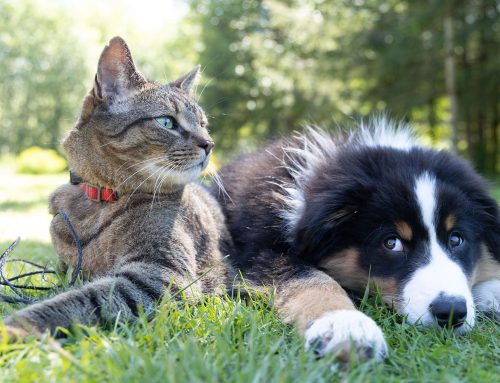Picasso is a three years old cat presented to us a day after being seen to lick diluted “Dettol” from the floor. She was slobbering and off her food. Examination of her mouth was difficult due to the severe pain. After heavy sedation, the degree of damage was obvious, with severe tongue and palate ulceration. The tongue and mucous membranes of the oral cavity are usually rapid healing, but the oesophagus was also likely to be ulcerated.
Treatment involved pain relief with narcotics, and antiinflammatories by injection, intravenous fluids to maintain hydration, antibiotic coverage as the denuded epithelium is open to infection, and topical application of local anaesthetic agents. If the appetite hadn’t returned by the fourth day, the surgical placement of a feeding tube to avoid the mouth (oesophagostomy) may have been required. Luckily Picasso began to eat soft food by the third day, and is now recovering well.
We commonly see contact irritant consequences in cats as they are fastidious groomers. Please avoid mineral turpentine (commonly and mistakenly used to remove ticks from the skin), disinfectants and antiseptics, and volatile oils such as eucalyptus and lavender oils.
Be aware that most opaque topical wound creams will have a heavy toxic metal ingredient such as zinc or titanium. These are often found in sunscreens used by some owners of white cats to prevent sun cancers on the nose and ears.









